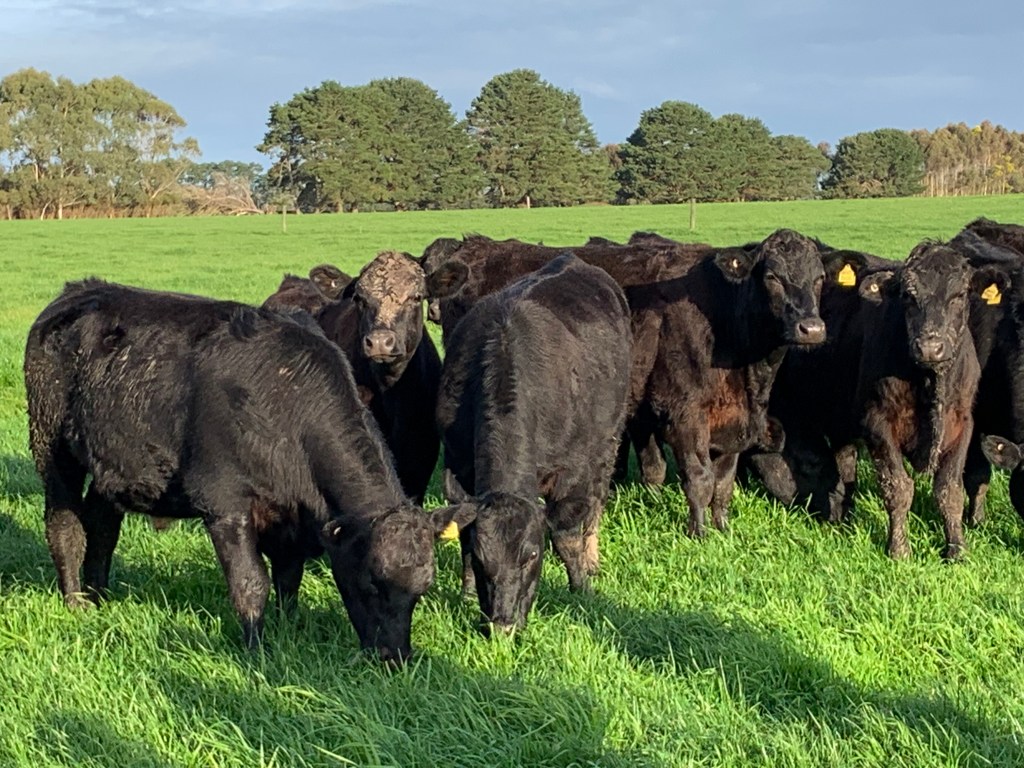Genetic solution to phase out bobby calves
Australian dairy farmers are embracing specialist dairy beef genetics to reduce bobby calves and diversify farm businesses.
Nearly 14 per cent of all ABS semen sold to dairy farmers last year was ABS InFocus™ – a genetic product designed to breed a quality and consistent beef animal from a dairy cow.
Increasing demand for a genetic solution to improve the profitability of bobby calves and animal welfare in the dairy industry comes as leading New Zealand milk processor Fonterra has ordered its dairy farmer suppliers to stop killing bobby calves.
Fonterra New Zealand suppliers must now raise bobby calves for beef, slaughter them for calf-veal or the pet food market.
ABS Australia technical and genetic services manager Matt Aikenhead said more dairy farmers than ever are looking for a sustainable solution to phase out bobby calves.
“Globally, specialist dairy-beef semen, such as Beef InFocus, has been available for more than a decade,” he said.
“In Australia, it’s grown in popularity recently as dairy farmers have teamed it with sexed genetics. They breed replacement dairy heifers from their best genetic merit animals and use Beef InFocus to join the rest of their herd and create a valuable protein product for the beef market.”
The most popular Beef InFocus product in Australia produces black calves that resemble Angus.
There’s speciality Beef InFocus to breed both Holsteins and Jerseys.
The resulting progeny can be sold as young calves to backgrounders or grown-out for the beef market.

Beef InFocus, managed correctly, produces meat that’s comparable to straight beef, according to Matt.
“The research has been done- it’s proven, but the next step for the Australian dairy industry is to develop a specialised supply chain – with scale – so Australian consumers can benefit from cost-effective and environmentally friendly beef,” he said.
“Dairy-beef offers a solution to the dairy bobby calf challenge and the beef industry issue of supply consistency in the face of global warming.”
A report by carbon accounting and research firm Integrity Ag and Environment investigating the possibility of low carbon beef found the carbon footprint of Beef InFocus was 6.1-7.1 kg CO2-e kg liveweight (LW) sold.
This is up to 4.4 CO2-e kg LW-1 less than the national average for feedlot finished beef-bred cattle.
The flexibility of dairy-beef and the fact it fits many different customers and markets underpins its demand according to Meat and Beef Scientist and founder of the specialist dairy-beef supply chain business Legendairy Beef Dr Michael Campbell.
His business manages dairy-beef, such as ABS Beef InFocus, from animal genetics and logistics through to processing.
Dr Campbell said dairy-beef is a quality product and should be treated as such.
“In my previous life, at Charles Sturt University, the research showed the meat from dairy and dairy-infused animals was comparable or higher quality than beef,” he said.
“Now, in my commercial role with Legendairy Beef we’ve had success with early slaughters of young cattle, 16-months-old, achieving marble scores 5, 6 and 8. Every other meat quality marker either hit or exceeded the processors’ grid.”
Learn more about the evolution of the ABS Beef InFocus product.
